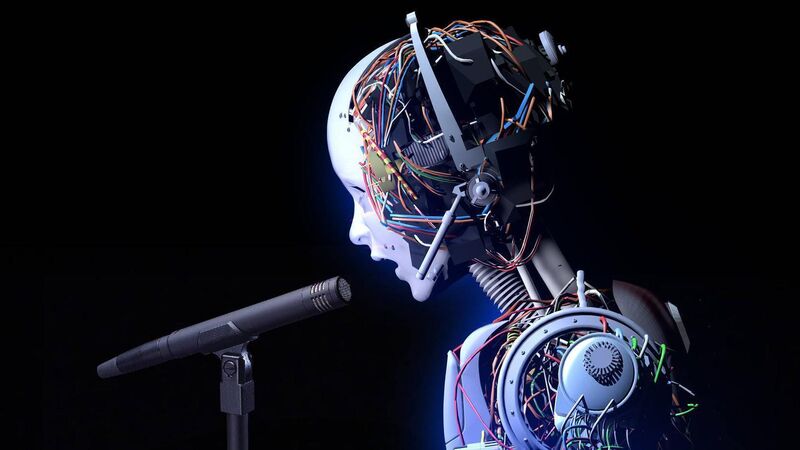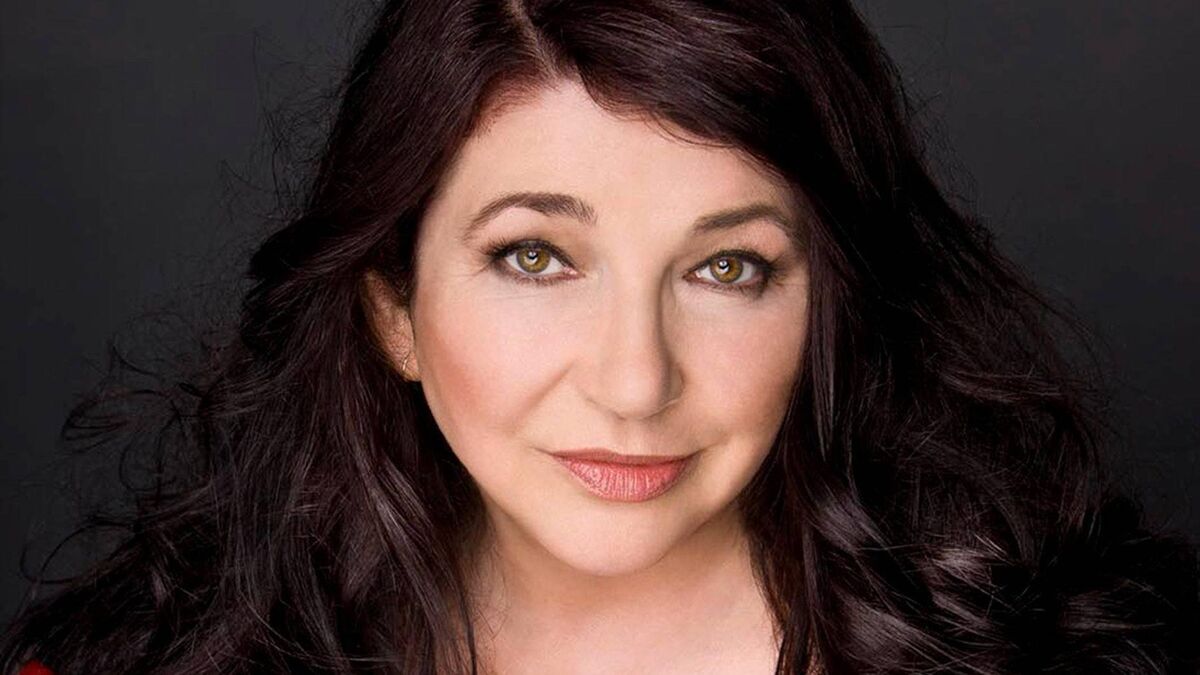Tom Dunne: Artists are genuinely alarmed at the threat from AI music

AI technology is being 'trained' on existing music to be able to create its own versions.
Existential threats. What’s a guy gotta’ do around here to avoid all the existential threats, suddenly? Time was, Cuban Missile Crisis for instance, you could make your way home and listen to your favourite Bob Dylan album for escape. He knew things, brought insight.
But what if this time Bob is an AI-generated deep fake, and the music is an AI-generated sound-alike using programs owned by the very people giving you the existential feelings of doom in the first place. What if AI Bob is singing from an AI-funded industry hymn sheet?
It seems far-fetched, but the technology to do all of that is up and running and commercially available. And, most worryingly of all, the essential ingredients it needs to perform credibly – in this case: the collected copyrighted works of the real Bob Dylan, have most likely already been “fed” into it.
Such concerns prompted an unparalleled array of UK artists to release a silent album on Tuesday in protest at the UK government’s planned changes to copyright. It is an album of sound recordings of empty studios and performance spaces, an eyrie evocation of the industry’s potential future.
It’s an eye watering array of talent: Kate Bush, Damon Albarn, Annie Lennox, Hans Zimmer, Radiohead’s Ed O’Brien, The Clash, and many more. Artists united behind a common message to the UK Government: “Do not legalise music theft to benefit AI companies.”
Yes, “theft’ for that is what it is. These are artists who have produced some of the greatest works of the 20th and 21st centuries. Music that defined an era, when music culture lay at the creative hub of society and fostered the greatest social change in centuries. A time, interestingly, when they also got paid.
When such artists are this worried, you have to sit up and ask questions. Historians will, I’m sure, marvel in centuries to come at the musical creativity of this era. They will see it as an explosion of ideas and genius. But will they also mark 2025 as the beginning of its end? The time when creators stopped getting paid.

The great fear voiced by all the artists involved in this is that unregulated AI music creation will not just destroy livelihoods and “impoverish creators”, as Max Richter says, but destroy creativity itself.
If you aren’t getting paid, how can you continue? Artists have children, mortgages, and health care costs too.
A lot of the AI music debate has been quite whimsical up to this. AISIS, the AI generated Oasis, was mildly amusing at best. Other times when people have asked AI to write in the style of a particular artist the music it turns out is generally such a derivative pastiche that it begs you to name the original.
But this is only beginning, and the current climate, fostered by the new US government’s belligerence towards regulation, and utter devotion to the power of Big Tech, does not auger well. It is a technical and complicated discussion, with lawsuits and counter claims.
However, what is clear is that current AI platforms are using existing music without obtaining permission from the song writers or their publishers. They are then leveraging creative works to generate new outputs without sharing the revenue generated with the original creators.
That undermines a fundamental industry principle: permission through a licence to use an individual’s copyrighted work and fair remuneration for that license. Currently, existing music is being incorporated into AI training without permission or payment.
The new UK proposals would require individual song writers to opt out of AI training sets. To do this they would need to contact and inform AI companies the world over. That is onerous at best and completely unworkable at worst. No wonder there are angry.
It is a worry time, and it could just as easily be Irish artists issuing a Silent Album. The Irish artists you know and love, who, increasing these days, in the post CD/physical product era, rely on publishing – income derived from past works – and live income to survive. If AI takes out the publishing bit, it’s game over.
And that genuinely means, empty Irish studios and empty Irish performance spaces. This is not just an Ireland, UK or EU issue. It is a global problem and only a global approach will ensure that no rogue territories gain a competitive advantage.
Time was rogue states meant North Korea and Iran. That too seems no longer the case.


